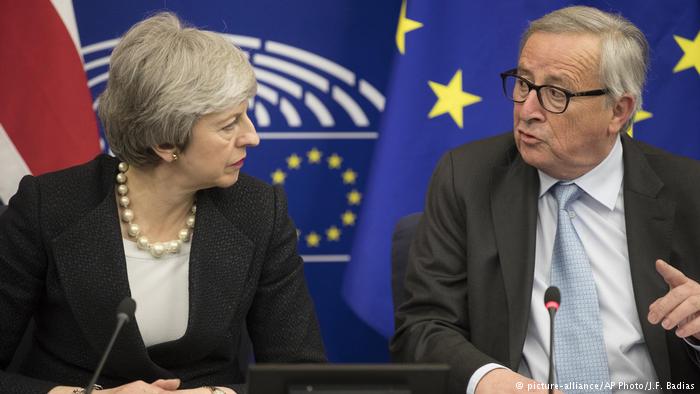Last night the British Parliament affirmed its decision to take the Brexit process into its own hands, a saga which for too long has divided the population and deeply affected the economic and social well-being of the country. In consecutive votes, Parliament categorically rejected the possibility of an exit from Europe without an agreement. Exiting Europe without a deal risks an unpredictable and unnecessary degree of economic disorder for the country.
A sudden and unregulated separation from the European Union to which the country has belonged for fifty years with increasingly close ties would represent a devastating blow to both sides.
Yesterday Parliament repeatedly asserted to the government of Theresa May that her way of conducting the negotiations and the same “May agreement” are unacceptable.
Today Parliament voted for an extension of article 50 and the original March 29 exit date and could eventually request, if it deems necessary and clearly justifies it to the rest of the states of the European Union, a new extension to call for a general election or a second referendum.
Yet the whole Brexit process is fundamentally flawed. Its conditions of origin have been false and erroneous and as a result it has been contradictory and painstaking for society as a whole.
This is a parliamentary monarchy and not a presidential regime. The decisions of the executive (cabinet and prime minister) must be consulted and consented to by Parliament, particularly on an issue of constitutional reform with the repercussions and magnitude of Brexit.
In this case, the Brexit referendum was called by David Cameron’s Conservative government in 2015 to be decided by a simple majority. Matters of such constitutional importance should be resolved by very decisive majorities in order to have no doubt that the winner is the widely dominant position in the electorate.
At the time, the Conservative Party was losing support from its electoral base which was agitated by the chauvinist, nationalist and anti-European positions of UKIP, a pioneer of the “populists” that lurk in today’s political establishments.
Cameron’s improvised and superficial solution was a referendum to exit the European Union.
The campaign was conducted with considerable indifference to the bulk of the population, feeding distorted or openly false information through the media controlled by the nationalist and anti-European sectors. These revelations are well documented today, the population was deceived and therefore the result of the referendum is false.
When the remain campaign supported by Cameron lost, he resigned his post as prime minister, and the anti-European radical groups in the Conservative Party elected former Home Secretary Theresa May as his replacement.
Theresa May, a remainer before the referendum, was elected within the Conservative party as prime minister, and took charge of implementing the “sovereign” decision of the people to negotiate the British exit from the European Union or Brexit.
Theresa May then fell into the hands of the anti-Europe lobbyist group within the Conservative Party. She tried to escape it by calling a general election in order to consolidate her power but lost the majority needed to form her own government.
She then appealed to an alliance with the DUP (Democratic Unionist Party) of Northern Ireland with whom the Conservative Party forged a political alliance at a cost of billions of pounds in exchange for an inflexible and uncompromising political loyalty which would eventually be the main cause of the demise of her Brexit proposal.
We are swiftly moving towards the fall of her administration. Her cabinet is fractured and last night some of its key ministers voted against her in Parliament. She has lost authority in Europe, Parliament and the nation.
What to do then with a rotten fruit? Perhaps the best way to go, is to rescue what is salvageable from the present deal, and for it to be discussed at depth by the representatives of the sovereign power of the people, that is to say Parliament.
The most sensible and legitimate alternative would be to consult the people again by means of a general election and/or a second referendum on remaining or exiting the European Union.
What would be lost by asking the people to exercise their sovereign right?
But this must be done in a transparent manner, in open consultation with all sectors of society and without lies or deceit.
The process may take a few months, but it will ensure that the damage done to the body and the psyche of the nation can be repaired. At the same time, it will clearly define the path of the country’s future democratically elected leader.










